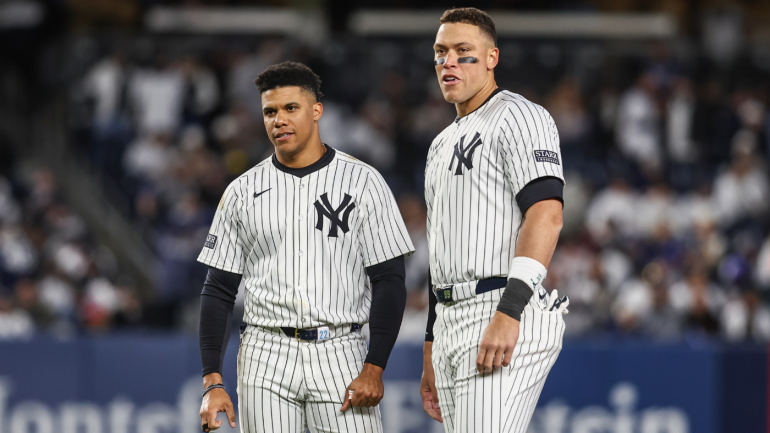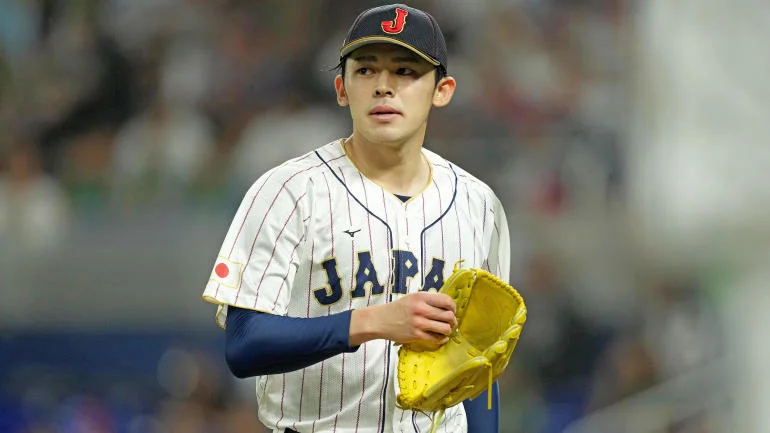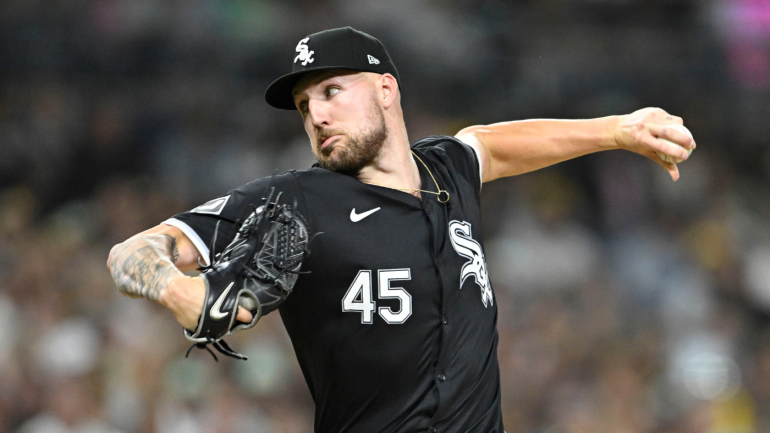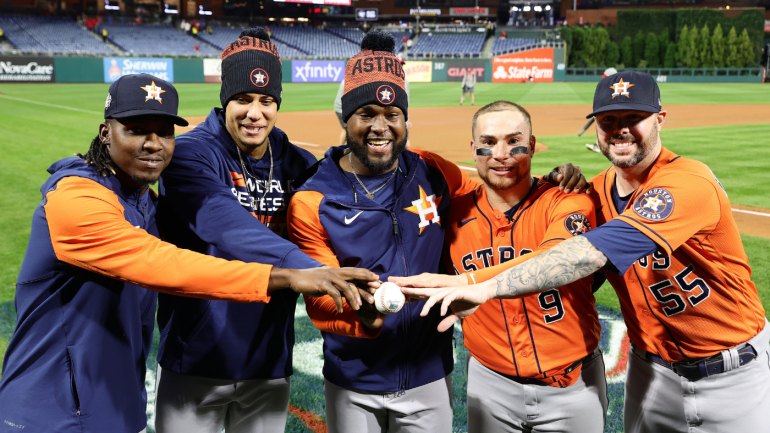Following in the footsteps of Baseball Hall of Famer (and his future manager) Paul Molitor, Joe Mauer played the role of hometown hero for the people of Minnesota, winning USA Today High School Player of the Year in baseball and football in St. Paul before being drafted first overall by the Twins in the 2001 MLB Draft. From 2004-2010, Mauer was the unquestioned best catcher in baseball and the face of the Twins, leading the team to the postseason three times, and winning three batting titles, and the 2009 AL MVP. Over his first seven years in the MLB, Mauer hit .327/.497/.481 with 33.2 WAR, making four All-Star game appearances, and winning four Silver Sluggers, and Three Gold Glove Awards. With that in mind, the Twins gave Mauer, then 27, the largest contract in MLB history for a catcher, giving him an eight-year, $184 million contract extension that began in 2011. At the time, the contract seemed like good value for the Twins, as Mauer was on pace for a Hall of Fame career, and the Twins locked up their hometown, homegrown player to join the ranks of Harmon Killebrew, Rod Carew, and Kirby Puckett.
Soon, however, the injury bug began to hit Mauer, starting with offseason knee surgery after the 2010 season that limited him to career-low 82 games in 2011. After bouncing back with two straight All-Star appearances from 2012-2013, hitting .321/.410/.460, the Twins announced at the end of the 2013 season that Mauer would move to first base permanently after he suffered multiple concussions during the season. All of a sudden, Mauer went from one of the best hitting catchers in baseball to a light hitting, power sapped first baseman, a position that has traditionally been filled by sluggers.
Give Mauer credit; after moving to first base full-time, he has transformed himself into an above-average first baseman, with a career 18 Defensive Runs Saved at the position and a .993 fielding percentage. Unfortunately, the move to first base for his age 31-34 seasons from 2014-2017 saw a huge decline in Mauer’s bat right when he moved to a premium offensive position. Over the past four seasons, Mauer has hit .277/.361/.390 with 32 HR and 241 RBI. At the catcher position, seasonal averages of 8 HR, 60 RBI, and a .750 OPS would still be solid, but at first base, it makes Mauer a position of weakness for the Twins last season. After totaling 16.9 WAR from 2010-2013, Mauer has only totaled 9.2 WAR the past four seasons, and while he did bounce back last season with a .305 batting average and .384 on-base percentage, it is unlikely there will be a huge market for his services once he this the free agent market at the age of 35 next offseason.
Let’s start out by getting this out of the way; many will look at Mauer’s contract and its $23 million AAV as one of the main reasons the Twins bottomed out from 2011-2014 when the team never won more than 70 games in part due to Mauer’s huge contract for a mid-market team. While Mauer may not have lived up to his contract, he has still averaged 2.9 WAR a season over the past seven years and hit .291/.376/.408, meaning he at a minimum remained a useful player for the Twins, just not someone who deserved to be paid like one of the game’s highest-paid players. With Mauer’s contract with the Twins set to expire at the end of the season, the question remains as to how we will look at Joe Mauer’s legacy as a player.
To put into perspective how good Mauer was early on, despite his struggles the past few years, he still holds a sterling career line of .308/.391/.443 and has compiled 53.4 WAR over his career. In his first ten years with the Twins, Mauer hit .323/.405/.468 in 1178 games and became the first catcher in MLB history to win three batting titles and the first in AL history to do so. Without question, he is one of the best hitting catchers in MLB history, ranking eighth in career WAR, fifth in WAR 7, and seventh in JAWS; all three of Mauer’s marks rank above the average of the fifteen catchers in the Baseball Hall of Fame. Assuming Mauer plays a full season this year, he will likely eclipse the 2100 hit mark for his career (he is currently at 1986 hits) which would place him seventh amongst catchers, ahead of Hall of Famers Gary Carter and Johnny Bench. With 44 walks and twenty-two doubles, Mauer will move into fourth and third place respectively amongst catchers, and he already ranks in the top-six in AVG and OBP at the position and the top fifteen in OPS and OPS+. Additionally, with 77 runs scored (he scored 69 last season), Mauer will move into 9th place on the runs list for catchers while passing 1000 runs for his career.
The problem with quantifying Mauer’s career as a catcher is this; although he had his greatest success as a catcher, he played less than 1000 games at the position, ranking 145th all-time with 920 games caught. At this point, Mauer has played 513 games at first base, which could be upwards of 700 by the end of the season. If Hall of Fame voters look at Mauer as strictly as a catcher who played a little bit of first base, then he will be a fascinating Hall of Fame case, with a resume of awards and achievements that no other catcher in baseball history can claim. Cooperstown bound or not, or overpaid or not, Mauer will still go down as one of the best players in Twins franchise history, and I look forward to seeing the team retire number 7 for one of the classiest players I have had the privilege of watching




